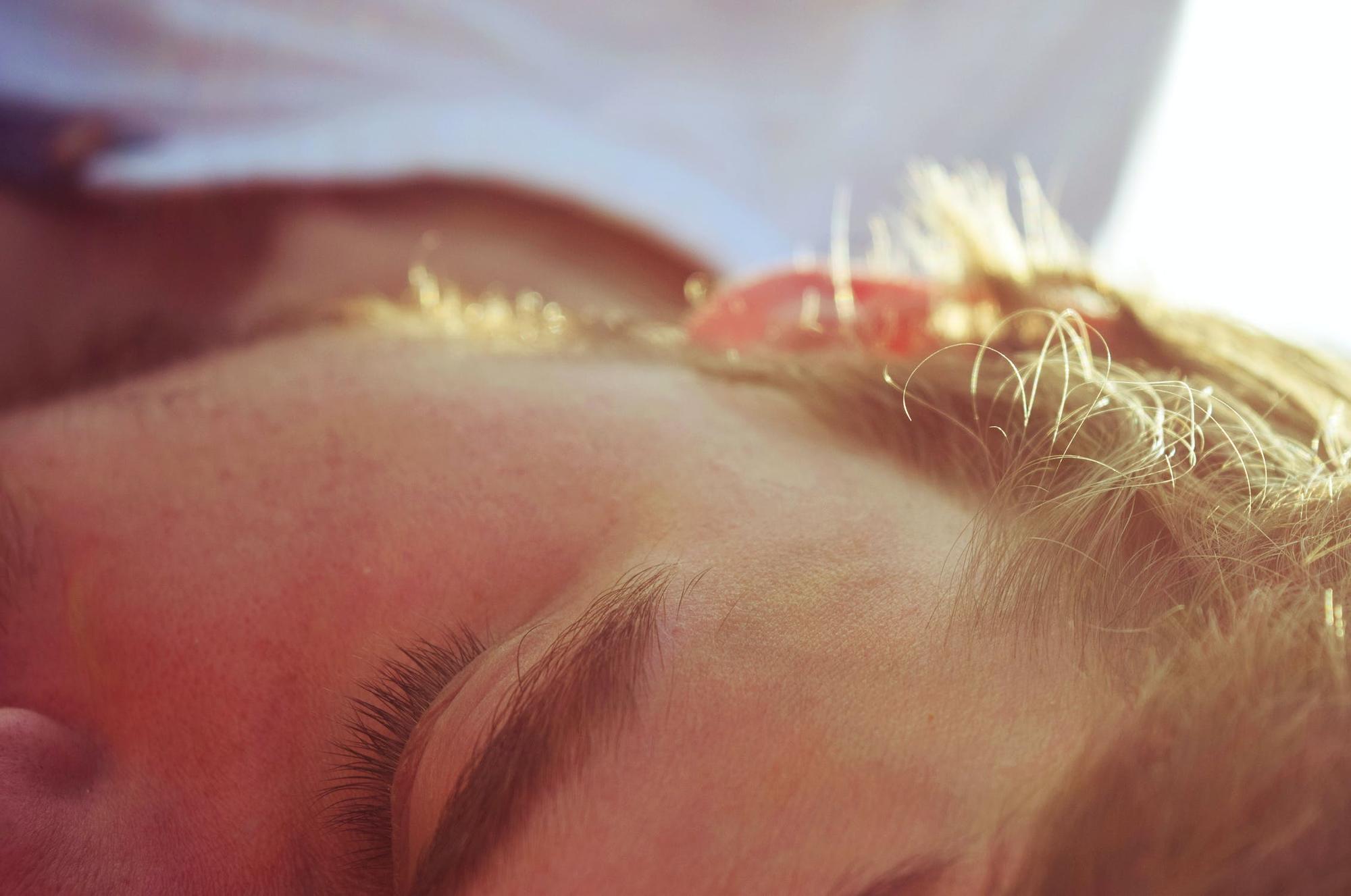Sleep Optimization
One topic that seems to be on everyone’s minds is how to have more energy, and an important component of energy management is sleep optimization. Finding just the right sleep routine for yourself is the first step. Think about a child’s sleep routine. It is very specific, and every activity is designed to get them prepared for sleep. They are told to brush their teeth, get their pajamas on, use the restroom, get a drink of water, and read a story. Then it’s light’s out, and time for sleep! This ritual is repeated nightly at the same time, and consistency is the key. This series of steps become habits, which makes it easier for them to sleep. They are also told that if they can’t fall asleep right away, they must stay quietly in their room but perhaps could read another story. For some reason, as we become young adults, we begin to stray from this habitual routine, as we no longer have someone telling us what to do to keep us accountable. But it will work just as well as adults, as it did as children to help us get a better night’s sleep. To start building a new nighttime routine for yourself, first wind-down 30-60 minutes at the end of the evening before you go to bed. Switch from brain-stimulating activities such as using electronics (tv, smartphone, computer) to more calming activities. Plan your day for tomorrow, picking out clothes, and put together your lunch or pack your bags to leave in the morning, if needed. Go to the restroom, brush your teeth, wash your face, and take a shower if you prefer to do so at night. Reading or journaling are great wind-down activities, as is stretching and listening to relaxing music. If possible, do all of this in another room and then retreat to your bedroom as you begin to get tired.
Sticking to that new evening routine and making it a habit, will set you up for success. The second step is sticking to your sleep schedule, even on your days off. The third step is getting physical exercise of some kind every day. Whether it’s vigorous exercise such as running or a cycle or Zumba class, or more gentle exercise like yoga or taking a walk, it will definitely help contribute to a good night’s sleep. And spending some of your time outside getting that exercise serves a double purpose-it will also help your body’s natural clock kick in. We all have one, called our circadian rhythm, which is defined as our mental, behavioral and physical changes that follow our daily cycle, and are primarily controlled by light and darkness in our environment, which takes us to our next step in getting optimal sleep.
The fourth step is to set the stage for your rest and make your bedroom inviting and conducive to sleep. Keeping your bedroom dark, cool, and quiet just like a cave will ensure you set the stage for proper sleep. Keeping your room somewhere between 60 and 67 degrees Fahrenheit, and also eliminating distractions or managing them with solutions such as a sleep mask, earplugs, or a noise machine, will help you not only get to sleep but stay asleep. It’s important to maintain your body’s natural circadian rhythms, which can also be supported by the use of darkness and light with blackout curtains, natural light, and special lightbulbs, and not having the blue light of electronics in your bedroom. Remember that the bedroom is for sleep and sex only. Keeping your electronics and work outside of it is key. Have comfortable clothing and bedding, as well as the correct mattress and pillows for you, and remember not to eat too much or drink alcohol at least 2 hours before sleep. A small snack 45 minutes before you go to sleep just before your nighttime routine begins is fine if you are hungry, but anything spicy or heavy will keep you awake or wake you up throughout the night. Getting the proper sleep will increase your concentration and productivity, allow you to stabilize your emotions, lower your risk of weight gain, heart problems, and depression, strengthen your immune system, and increase your emotional and social intelligence. That is a long list of potential benefits!
According to doctors, the recommended amount of sleep for most adults is somewhere between 7 and 9 hours, but everyone is different. Going to bed and getting up around the same time each day can help make sure you don’t get too little or too much sleep. Sleeping in when you have already gotten enough sleep time can interrupt your sleep patterns for the following day, so the effects are longer lasting than most of us realize. Sleep is a vital, often overlooked, piece of your overall health and well-being. Sleep is so important because it enables the mind and body to repair and rejuvenate and be ready for the next day. I encourage you to create a sleep log over the next week or two. Make a note in a journal or in your phone this week of the times you go to bed and get up each day, the amount of sleep you got, and how your energy is each morning and evening. And then as you begin to take the steps above, see how your energy and sleep patterns change. Figure out your optimal amount of sleep and strive to follow your own sleep schedule consistency so you can reap the rewards of getting a good night’s sleep on a regular basis!
If you’d like to explore further what having the support of a mental wellness coach looks like, let’s talk.
